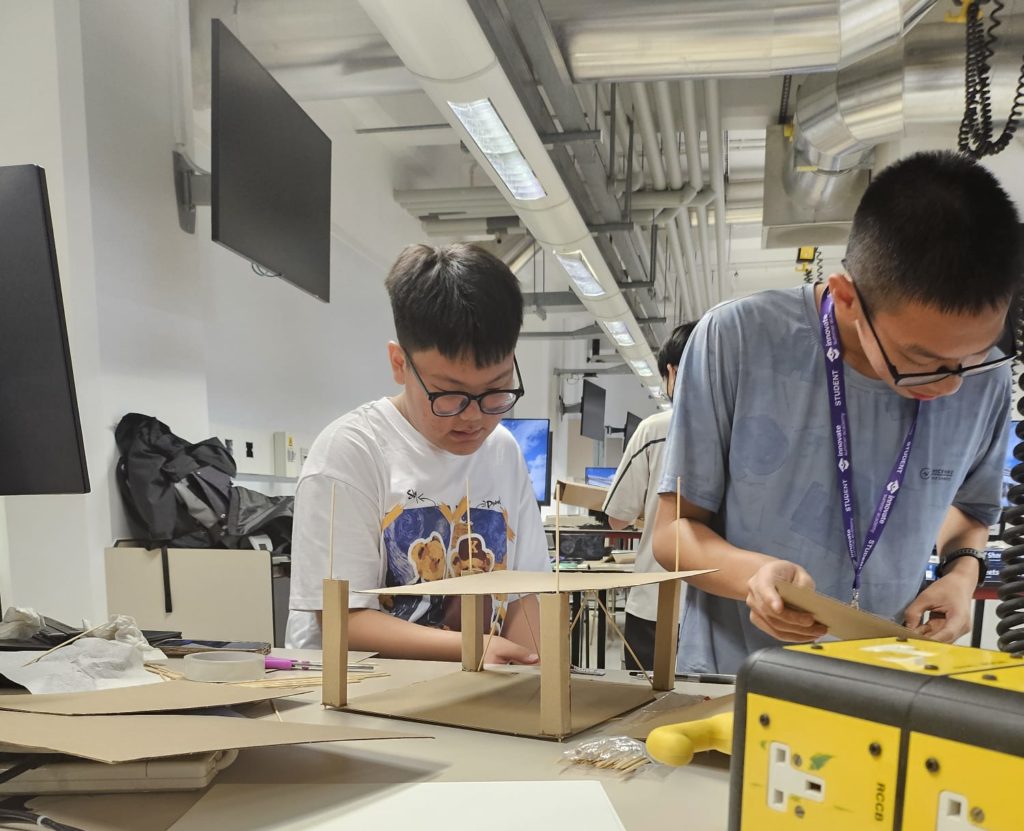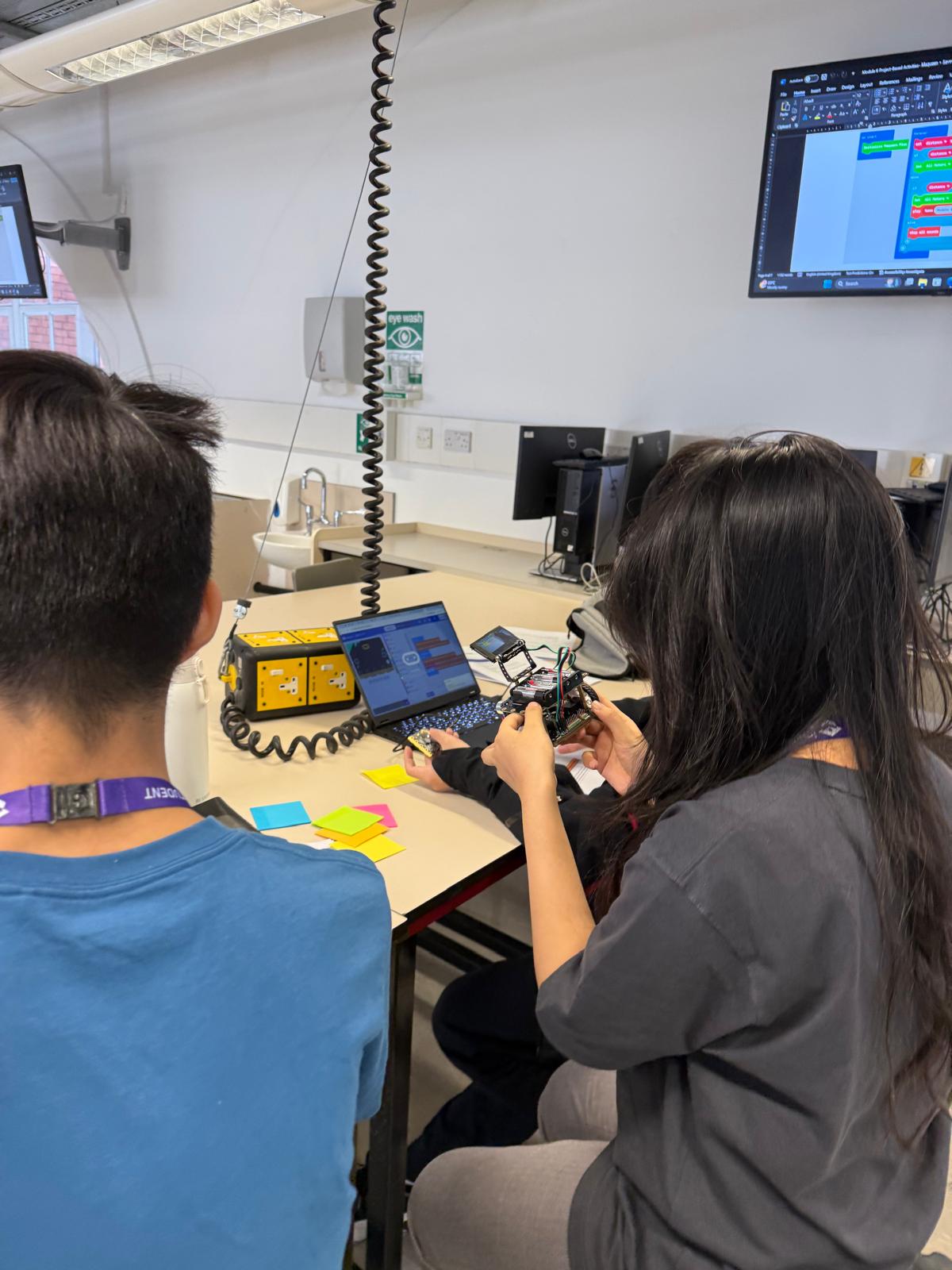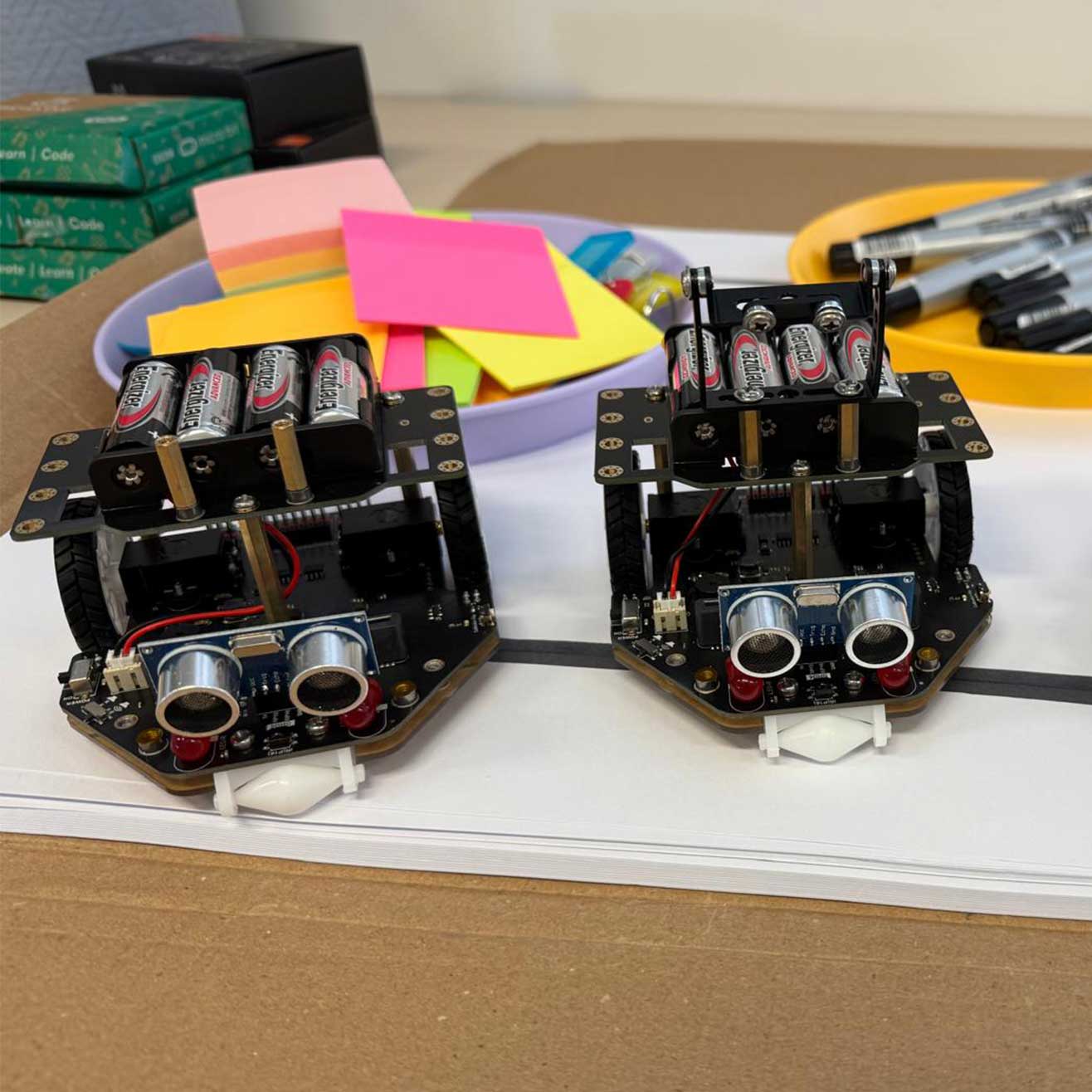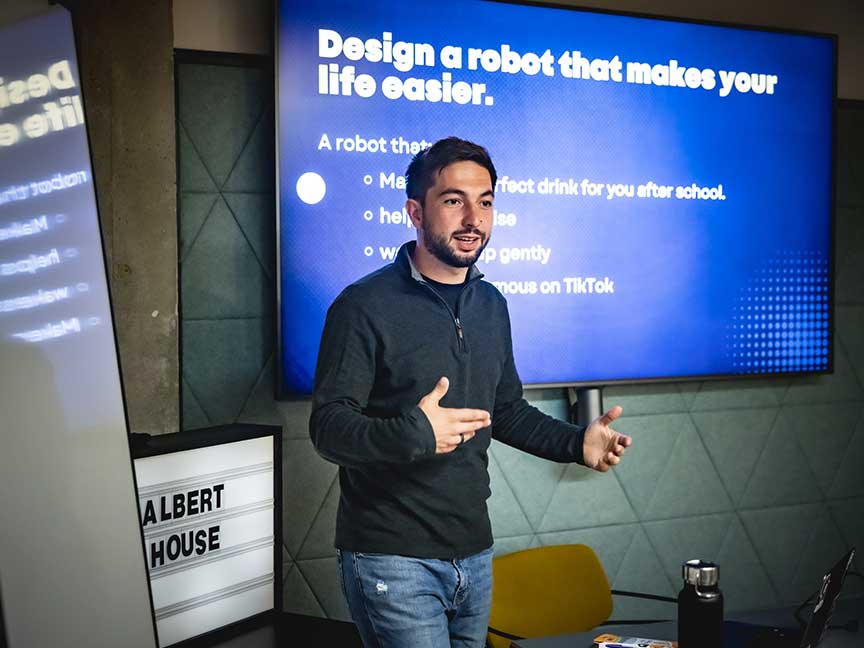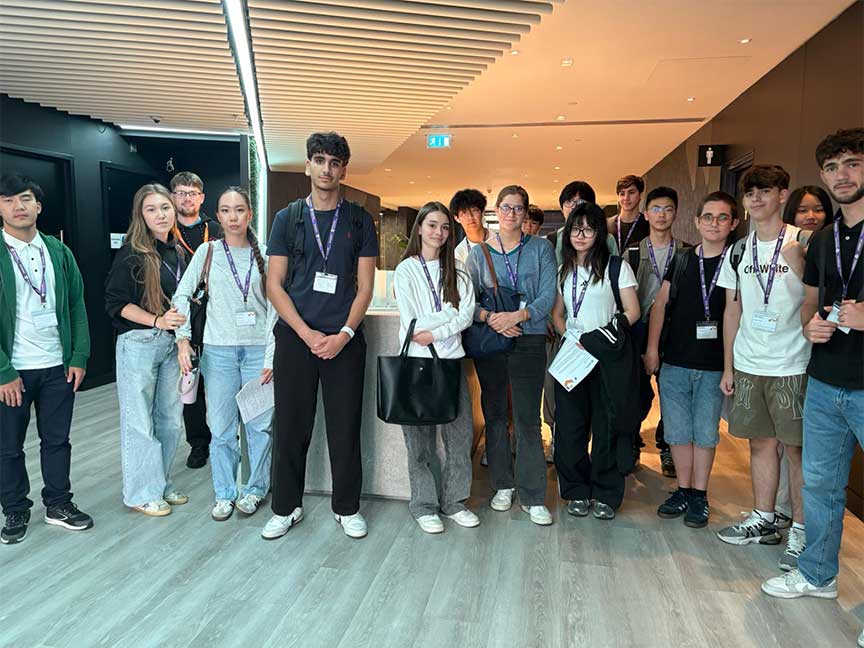Combining theory with hands-on experience, our curriculum for the Faculty of Engineering and Science, covers key areas such as mechanics, materials science, robotics, and environmental engineering. Through interactive lectures, practical labs, and collaborative projects, students develop critical problem-solving skills and engage with real-world engineering challenges. Our programme also includes guest lectures and site visits to engineering firms, offering students a deeper understanding of the practical applications of their studies and preparing them for future careers in engineering and technology.
- You are viewing an automatically translated version of this website
